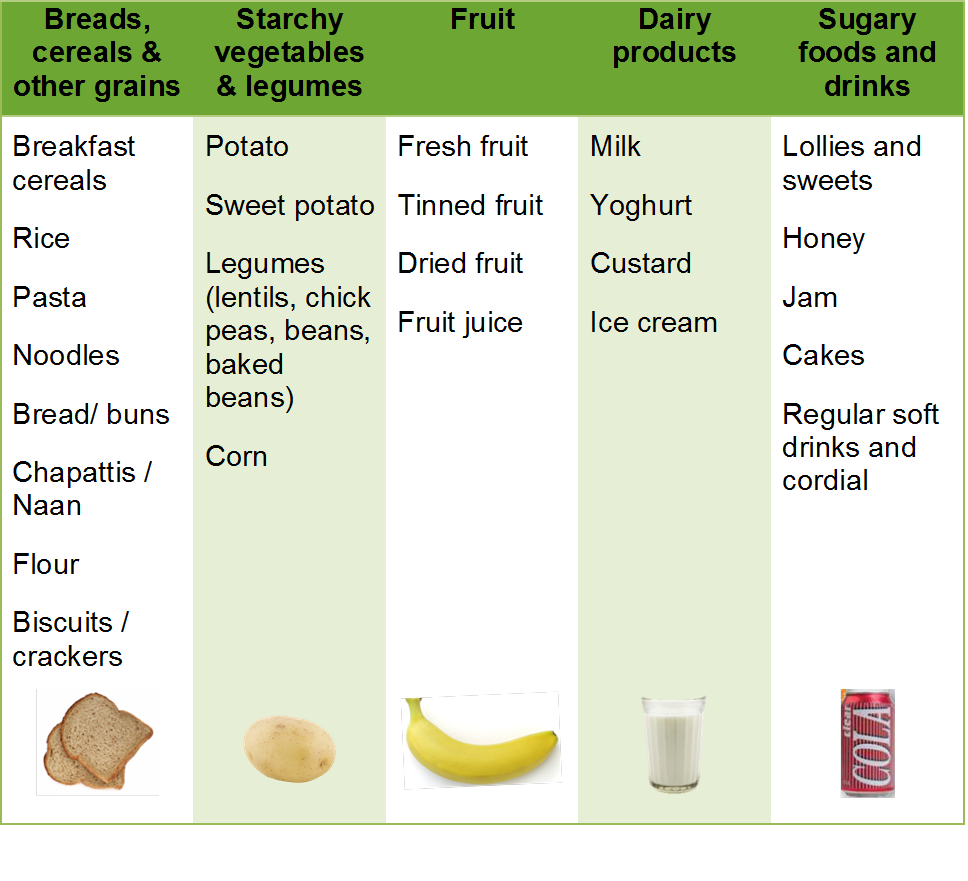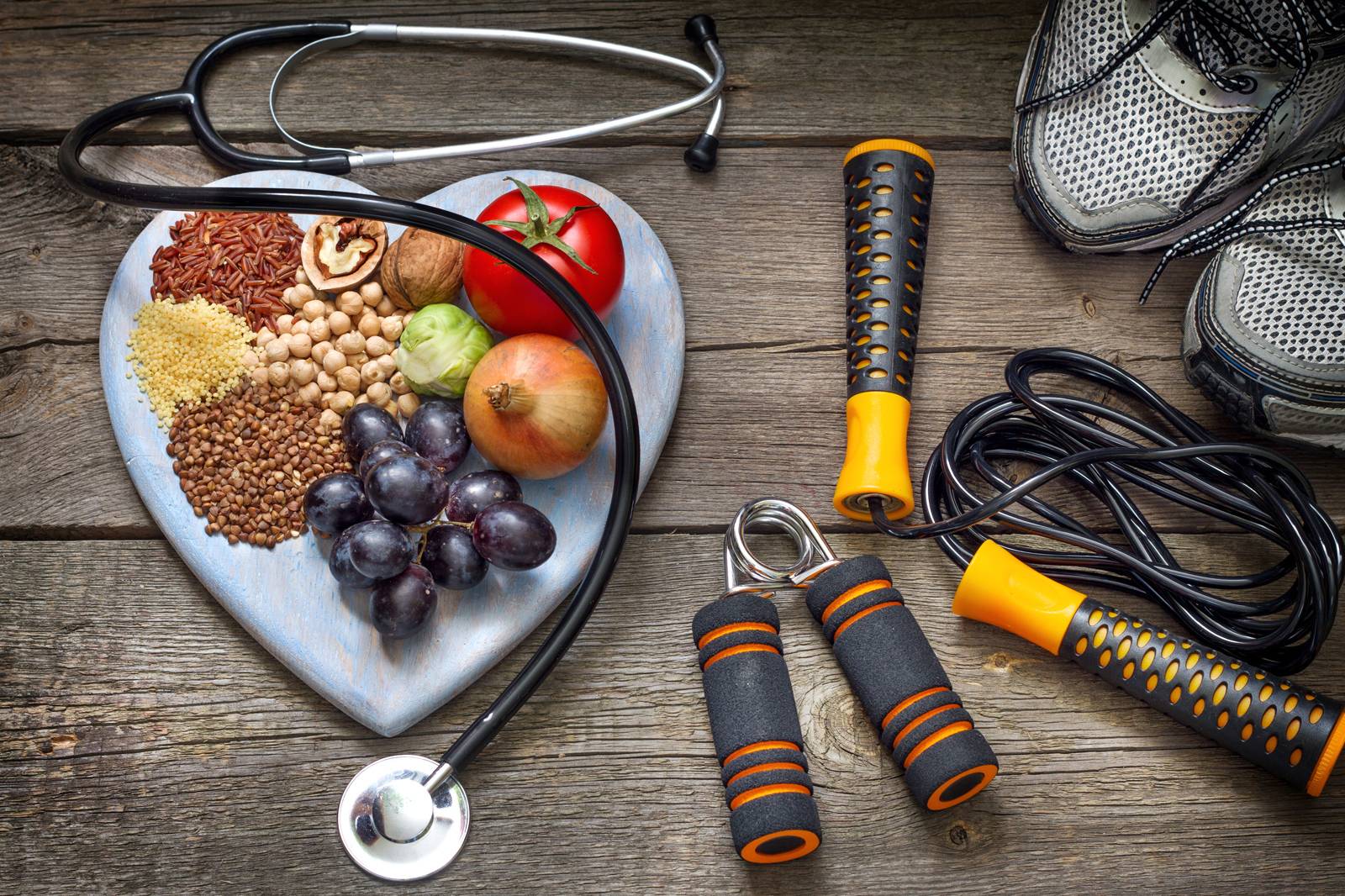
Every person has experienced stressful situations at some point in their life. Stress can have a negative impact on a person's life, their productivity, and their quality of living. By reducing stress levels, exercise can help to reduce stress. Low-impact exercises are a good choice because they don't cause injury and leave no one feeling tired. Here are some benefits to low-impact exercise.
Swimming is a great low-impact option for a workout.
There are many benefits to swimming. It tones the entire body, tones a wide variety of muscle groups, and increases your strength. Swimming is an excellent cardiovascular exercise. It raises your heart rate, even during sprints. Swimming will improve your cardiovascular health and reduce joint pain. Swimming is also a great way of increasing your energy.

Pilates is an excellent low-impact workout.
Pilates is a form low-impact exercise that benefits all fitness levels. Slow, steady movements can help lengthen muscles, improve posture, and reduce lower back tension. A Pilates workout is safe for people with injuries or with limited mobility. Pilates exercises need to be done correctly, so you must have proper form and breath. Mind-body activities can also help to reduce stress. For beginners, it is recommended to take a Pilates class taught by a certified instructor.
Rowing is a great low-impact workout
Rowing is a great low-impact exercise. The smooth, repetitive motions make rowing a great low-impact workout. Injuries can result from poor form and posture. Low back pain is common for rowers. One cause of low back pain is not engaging abdominal muscles. Therefore, the weak abdominal muscles can be compensated by the lower spine. Thankfully, rowing machines can be used to avoid these problems.
Bike riding is a low-impact exercise that can be done in a safe and comfortable environment.
Cycling is a great way to work your lower and upper muscles. Cycling is an all-over body workout that strengthens your core and tones your arms, legs, buttocks, and back. You can cycle outdoors or use a stationary bike indoors. Bicycling is a low-impact, fun workout that's easy on the joints and effective. Bike riding is great for both novice and advanced riders.
Walking
Walking is the most flexible and accessible low-impact exercise. Walking is an excellent way to maintain a healthy heart and improve your cardiovascular health. Walking is easy for anyone to do. Yoga and tai chi can be intimidating for beginners, but walking is safe and controllable, and you can increase the intensity as you get more comfortable.

The elliptical is a low-impact way to exercise.
An elliptical is a low-impact exercise that's easy on the joints and less impactful than other types of exercise. Simply pedal your feet backwards while your torso is moving forward. This low-impact exercise can help improve cardiovascular health and strength. You can adjust the resistance and incline settings to suit your fitness level and comfort.
FAQ
Is intermittent fasting affecting my sleep quality?
Yes, intermittent fasting can impact your sleep. When you skip meals, your hunger hormones increase. You might wake up every night as a result.
Experts advise skipping breakfast. Experts recommend having a light snack before going to bed.
If you still wake up hungry after this snack, you can consume a small meal just before going to bed.
But remember not to overeat. If you do this, you might gain weight instead of losing it.
Is there any side effect to intermittent fasting?
Intermittent fasting doesn't have any known side effect. Some minor issues might occur if you do not plan your meals properly.
If you skip breakfast, for example, you may feel constantly irritable. You might also experience headaches, dizziness, fatigue, and muscle cramps.
These symptoms usually resolve within a few weeks.
How often do people fast every day?
A majority of ketogenic dieters fast one week. Some people fast twice weekly. Others fast three-times per week.
There are many lengths to fasting. Some people fast for 24 or 48 hours, while others go for 48.
Some people can even travel for up to 72 hours. But, such extreme cases are rare.
How to Make an Exercise Plan?
First, create a routine. You need to know what you will do each day and how long you will spend doing it. This helps to plan ahead and avoid procrastination.
A second important thing to do is ensure you have lots of variety when it comes to your exercise routine. It is important not to get bored while exercising. This will cause you to lose interest and make it difficult for you to stick with it.
Also, you need to keep track on your progress. It is important to keep track of how much weight you have lost and gained over time.
You can lose weight quickly if you do not gain weight. It's harder to stay motivated if you gain too many pounds.
So, try to find a balance between gaining weight and losing weight. You'll find it harder to exercise if you don't like where you are at the moment.
Is there a difference between intermittent fasting, calorie restriction, and intermittent fasting?
Calorie restriction is a way to eat less than your body needs. Intermittent fasting is different because it doesn't involve restricting calories. Instead, the emphasis is on eating fewer calories each day.
Intermittent fasting is more effective because it allows you to enjoy foods you love without feeling guilty.
Both methods have their advantages and disadvantages. Decide which one you prefer.
What Weight Loss Can You Expect In One Week?
Your current bodyfat percentage determines the amount of weight you will be able to lose. First, calculate how much weight your goal weight is and then determine what your BMI (Body Mass Index). Your BMI is a measure of how much weight you need to lose. If your BMI is 25 or greater, you're overweight. If your BMI is 30 or higher, you're obese.
For example, let's say you have a BMI of 28.7 and are 200 pounds. This would mean that you'd have to lose about 70 pounds in order to reach a healthy weight. To see if you're overweight, visit www.healthyminds.com/bmi/.
Once you know your BMI, you can use this formula to figure out how many pounds you'll lose per week:
(Your Goal Weight - Current Weight)/BMI * 7 Number Of Pounds Lost Per Week
To lose 50lbs in a month you will need 2 weeks worth of exercise. This equals 56 days. Then, divide that by 7 pound per day. That works out to 8.3 pounds lost per week.
You could also try this calculator from www.weightlosscalculator.net. It provides an estimate of the number of calories you should consume each day to lose 12 pound per week.
Can I eat fruits during intermittent fasting?
Fruits are great for your health. They provide vitamins, minerals, fiber, antioxidants, and other nutrients. However, they also contain sugar which can cause blood glucose levels to spike. This can cause insulin resistance and weight gain. When you are trying to lose weight on an IF diet, make sure you eat low glycemic fruit such as apples, pears or berries.
Statistics
- According to Harvard Health, it's estimated that a 155-pound (70-kg) person burns around 167 calories per 30 minutes of walking at a moderate pace of 4 mph (6.4 km/h) (5). (healthline.com)
- Another study found that 24 weeks of weight training led to a 9% increase in metabolic rate among men, which equated to burning approximately 140 more calories per day. (healthline.com)
- A 12-week study in 20 women with obesity found that walking for 50–70 minutes 3 times per week reduced body fat and waist circumference by an average of 1.5% and 1.1 inches (2.8 cm), respectively (healthline.com)
- One study in 9 active men found that HIIT burned 25–30% more calories per minute than other types of exercises, including weight training, cycling, and running on a treadmill (18Trusted Source (healthline.com)
External Links
How To
How do I lose belly fat fast?
It is hard to lose belly fat. It takes effort and dedication. However, these tips will ensure you see results.
-
Healthy Food Healthy eating is crucial. It is important to eat healthy foods such as fruits, vegetables and whole grains.
-
Drink Water. Drinking water helps keep your body hydrated. This will make you feel fuller and more satisfied for longer periods. So drink plenty of water every day.
-
Do Cardio Exercises. Cardio exercises help to burn more calories, build muscle mass, and improve your cardiovascular health. They improve heart health and metabolism. Cardio exercise should be done for 30 minutes each day.
-
Get Enough Sleep. Sleep plays a vital role in maintaining good health. A lack of sleep can lead anxiety and stress that can then be exacerbated by unhealthy habits like smoking and drinking.
-
Reduce Stress Levels. Stress can have a negative impact on our brain chemistry, and hormone levels. Cortisol, a hormone which increases hunger pangs as well as cravings to eat high-calorie foods, is released when we're stressed.
-
Take regular breaks. Take frequent breaks throughout the day. Take a break and go outside to walk or take a nap. Doing this gives your mind and body time to relax and recover.
-
Avoid Alcohol Consumption. Alcohol contains empty calories and slows down digestion. You should avoid alcohol if your goal is to lose belly fat.
-
Have fun